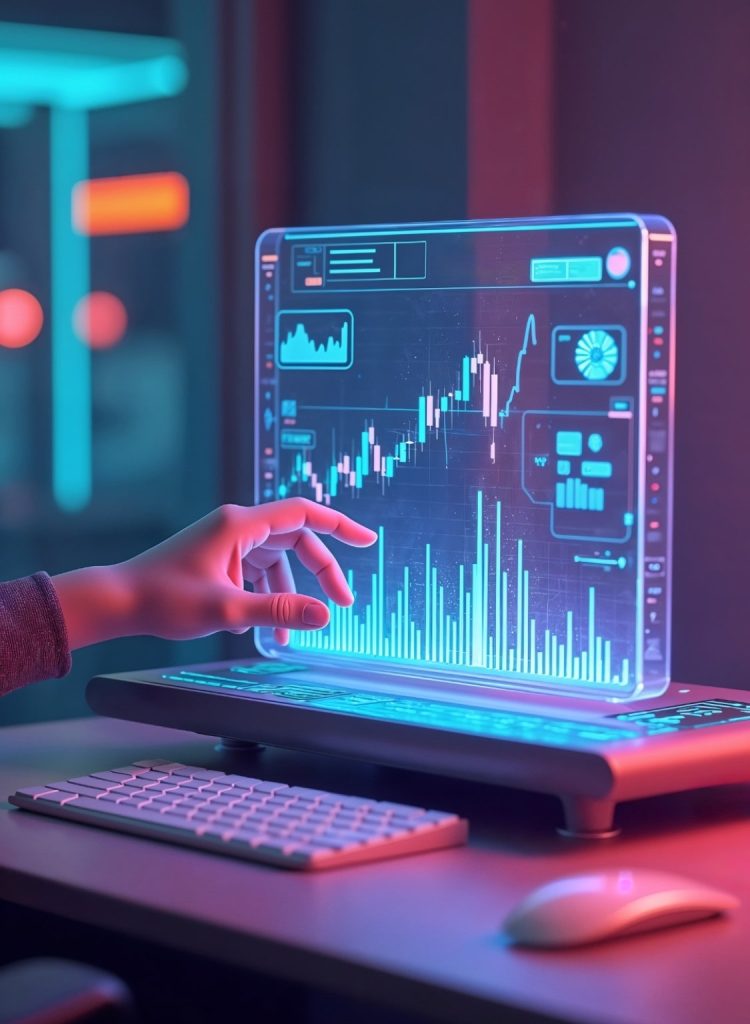Introduction: Trust as the Cornerstone of Markets
Financial markets thrive on a single foundation trust. Without it, liquidity dries up, investors retreat, and volatility spirals out of control. As trading becomes more digital and borderless, trust is no longer guaranteed by personal relationships or physical exchanges. Instead, it must be earned and protected through security, transparency, and resilience.
The next decade of trading will be defined not only by technology and innovation but by how well institutions, regulators, and traders safeguard the integrity of the system.
1. Why Trust Matters More Than Ever
Trust has always been implicit in trading. Buyers trust that sellers will deliver; traders trust that platforms will honor trades; investors trust that funds will be secure. In a hyper-connected, high-speed market, even a minor breach of trust can ripple globally within minutes.
Scandals involving fraudulent platforms, cybersecurity breaches, or mismanagement of client funds highlight how fragile confidence can be. In an era where trillions flow daily, trust is the invisible currency that keeps markets functional.
2. Rising Threats in a Digital-First World
With the benefits of globalization come new risks:
- Cybersecurity Breaches: Hackers targeting trading accounts and financial platforms.
- Fake Brokers and Platforms: Fraudulent sites mimicking regulated brokers to steal funds.
- Data Privacy Risks: Sensitive information at risk of exploitation.
- Systemic Risks from Automation: Flash crashes amplified by algorithmic chain reactions.
As digital adoption accelerates, security becomes synonymous with credibility.
3. The Regulatory Imperative
Governments and regulators are stepping up to address these risks, but the challenge is scale. Financial markets operate across borders, while regulation remains fragmented. The coming decade will likely focus on:
- Global Regulatory Harmonization: Greater cooperation between regional authorities.
- Real-Time Compliance Monitoring: Tech-enabled oversight rather than after-the-fact enforcement.
- Stricter Fund Segregation Rules: Ensuring client funds are never compromised.
Trust will increasingly depend on whether institutions can demonstrate compliance in action, not just on paper.
4. The Role of Technology in Building Trust
Ironically, while technology creates new vulnerabilities, it also offers solutions.
- Blockchain: Transparent, immutable records reduce fraud and manipulation.
- Multi-Factor Authentication: Strengthening account security at the user level.
- AI-Powered Monitoring: Detecting suspicious transactions and behaviors in real time.
- Insurance Innovations: Protecting traders against extreme losses or platform failures.
The firms that succeed will be those that leverage technology not just for speed, but for security and reassurance.
5. The Human Dimension of Security
Trust is not just about systems, it’s about behavior.
- Education: Empowering traders to recognize scams and safeguard their information.
- Transparency: Clear communication about risks, fees, and fund protection.
- Culture: A shift from profit-at-all-costs to building long-term client confidence.
Security, in this sense, becomes not just technical but cultural and ethical.
6. Why the Next Decade Belongs to Trust
The markets of the future will be faster, more complex, and more interconnected. But they will also be fragile without trust. Traders will increasingly choose platforms and partners not just for spreads or technology, but for how well they protect funds, data, and integrity.
Security will move from being a background function to becoming a core differentiator in the marketplace.
Conclusion: Trust as the New Competitive Advantage
The future of trading will be shaped by many forces – AI, blockchain, mobile-first access, and global interconnectivity. Yet none of these will matter if trust is lost.
In the next decade, the most successful trading ecosystems will be those that make security visible, verifiable, and central to their value proposition. Because in financial markets, trust is not just an asset it is the market itself.



